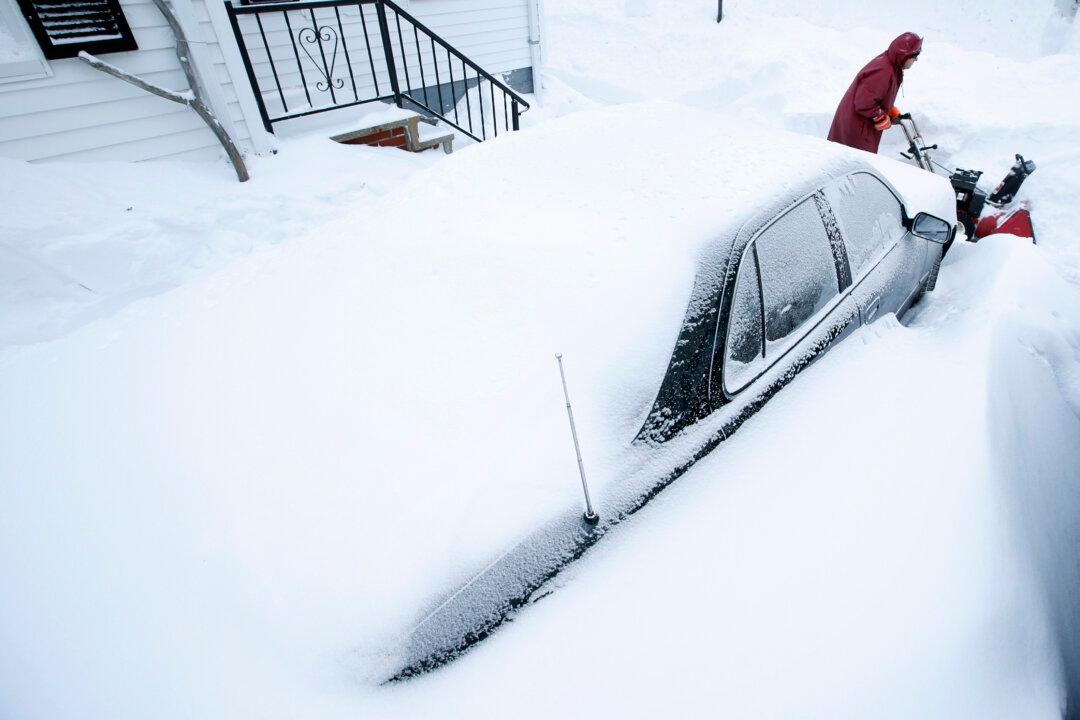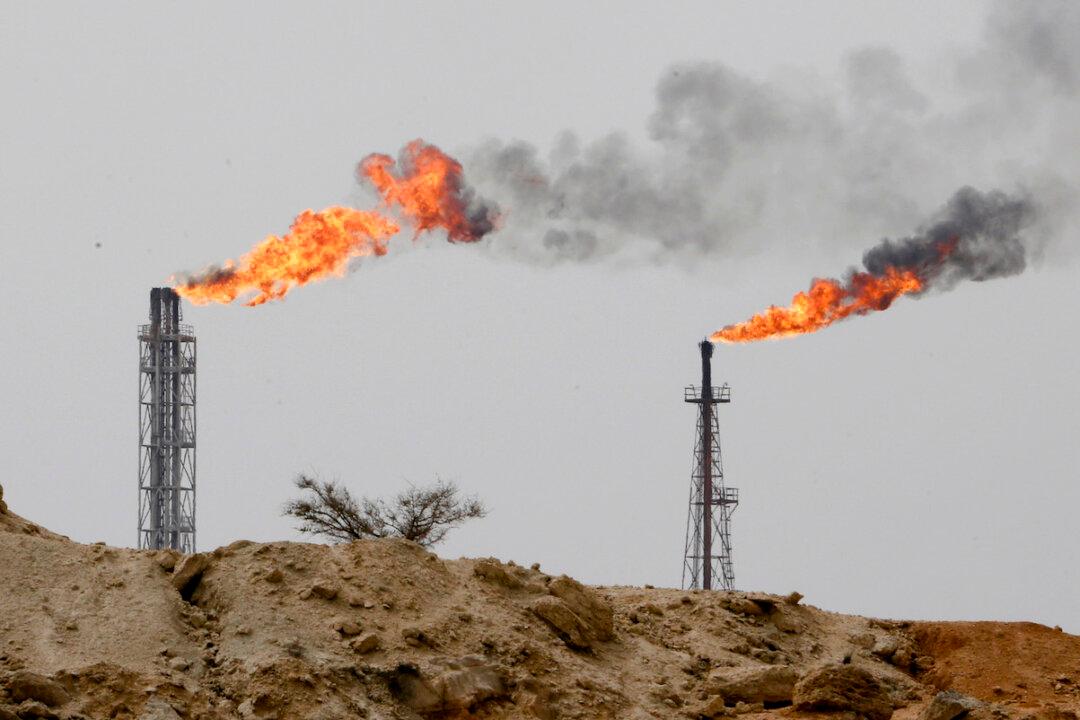A poll of Americans Friday found that a significant portion of Americans are concerned about climate change--with 57 percent of Americans saying that long-term effects will be “very serious”--so it may not be exactly reassuring that some experts believe the recent blizzard that hit New York City and New England was fueled by climate change.
Due to climate change, winter storms--like Winter Storm Juno--could actually become more common.





